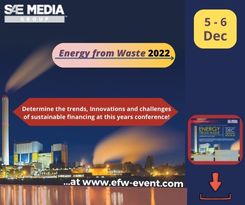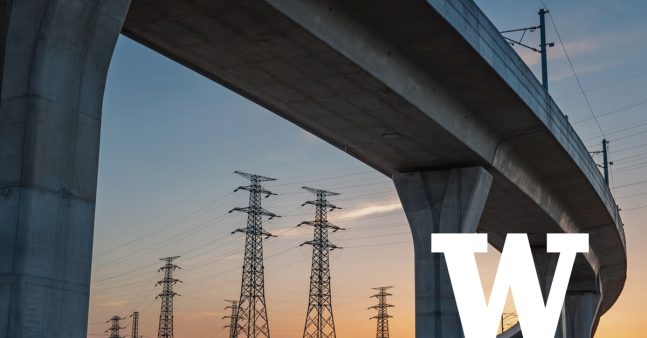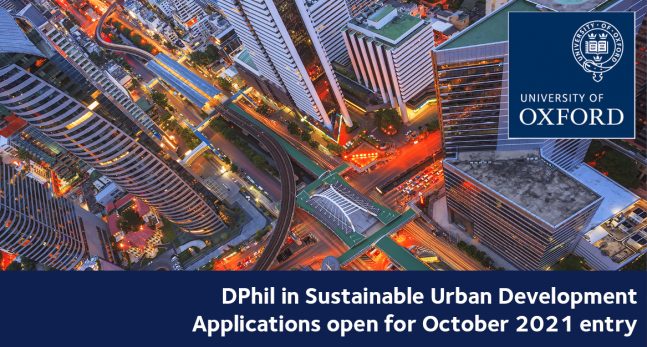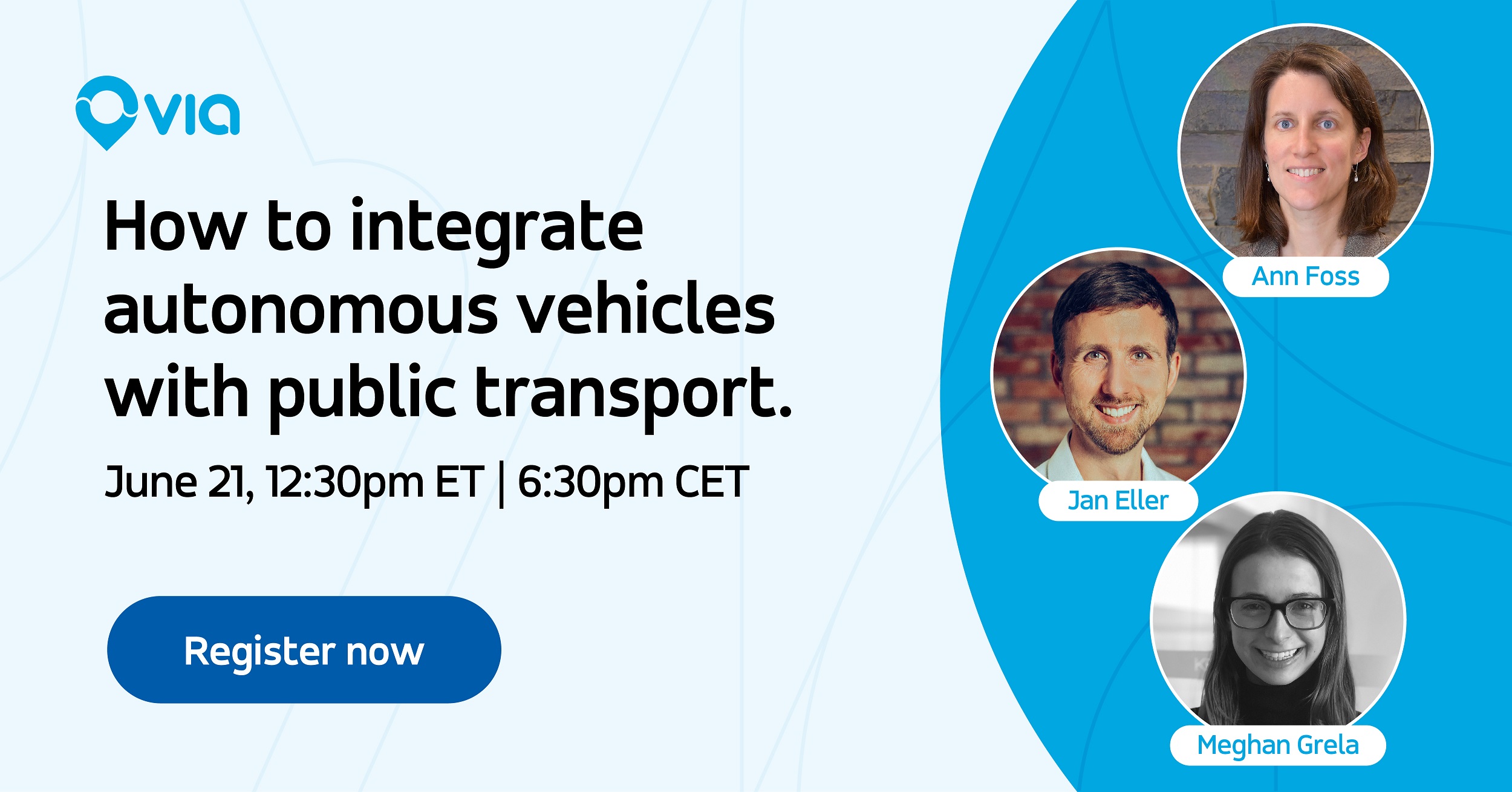SHAPE THE FUTURE OF NEXT GENERATION INFRASTRUCTURE
Well-planned infrastructure strengthens the resiliency, sustainability, and the economic viability and livability of communities. Offered by the University of Washington Department of Urban Design and Planning, the Master of Infrastructure Planning and Management online degree prepares you to lead the development of the next generation of critical infrastructure systems — improving security, and accessibility. Gain a broad understanding of the complexity and the interdependencies between infrastructure systems — communications, public health, water, energy, food and transportation — with a final project that allows you to showcase your acquired knowledge about an infrastructure issue of your choice.
PROGRAM FEATURES
- In-depth courses covering key topics such as infrastructure finance, emergency management, green infrastructure practices, urban mobility, climate change, urban informatics, geographic information systems, social equity and inclusion, and community resilience
- Examination of key infrastructure sectors and their essential components through the lens of systems thinking
- All-hazards risk management approach, shaped by faculty and industry experts, that complements a traditional emergency management focus, encompassing threats from natural hazards, deterioration, cyber penetrations, and climate change
- Instruction based on case studies and problem solving to strengthen critical thinking and leadership skills
- Increased focus on use of data analysis tools and systems to improve decision making and strategic planning
CONVENIENT ONLINE FORMAT
Take advantage of our robust online learning platform to complete your degree no matter where you live or work. This 100% online program is specifically designed with working professionals in mind, allowing those in a global mobile workforce to earn their graduate degree. Study with UW faculty and industry practitioners who offer diverse expertise in their respective fields.
DPhil in Sustainable Urban Development
A flexible, part-time doctoral programme over four to eight years.
Starting October 2021.
The Doctor of Philosophy (DPhil) provides outstanding graduates with an opportunity to pursue in-depth and rigorous research into the pressing challenges of urban sustainability.
You will receive guidance from your University supervisor, be encouraged to develop your independent research skills through our doctoral training initiatives and have full access to Oxford’s research facilities and online resources.
Potential supervisors are available from a range of specialists across the University of Oxford.
Find out more about the doctoral programme.
Driverless transport isn’t simply a faraway dream. In fact, it’s already happening in innovative cities like Arlington, Texas, US and Kelheim, Germany.
Cities and transport authorities across the globe are using intelligent booking, routing and tracking software to seamlessly integrate autonomous vehicles (AVs) with existing transportation infrastructure across a wide variety of transport needs without sacrificing safety, equity or efficiency.
When deployed as part of public transport, AVs are more sustainable and accessible; and when designed and deployed efficiently, AVs can provide a useful service for riders, while enabling operators and automakers to maximise their autonomous investment.
Hear from our panel as they discuss these innovative partnerships in detail.
Speakers:
- Ann Foss, Principal Planner at the City of Arlington
- Jan Eller, Operations Principal at Via
- Meghan Grela, Autonomous Lead at Via
Join us to learn how to convene the right partners, secure funding, and start deploying AVs to meet real transport needs in your community.
The developments that are needed in technology, financing and infrastructure to fast track the growth of the industry in a carbon free world
 SAE Media Group is delighted to present the return of the 15th annual Energy from Waste conference taking place on the 5 -6 December 2022 back in London, UK.
SAE Media Group is delighted to present the return of the 15th annual Energy from Waste conference taking place on the 5 -6 December 2022 back in London, UK.
Waste conference will bring together international waste management operators, developers, bankers, private equity financiers, technology providers and industrial end users for two days of intensive networking, discussing developments that are needed in technology, financing and infrastructure to ensure the solutions are available to fast track the growth of the industry worldwide.
With case studies from the leading Energy from Waste plants within UK and Europe the event will give an overall look into all aspects of running a successful facility. We delve deep into both small scale and large-scale production and understand the benefits and constraints found within both size projects, in addition to finding out how new innovations can maximise value and optimise investment returns.
A focus on how Energy from Waste sits within the UK’s ambition on the road to net zero and how technology within the Carbon capture and storage market coupled with the evolvement and implementation of district heating is an essential part of that journey. With updates on how legislation and policy can stimulate more investment this comprehensive conference remains an essential calendar date for those in the Energy from Waste community
Benefits of attending:
- Witness case studies giving updates on the challenges and opportunities facing Energy from Waste projects in England, Sweden, Norway, Turkey, The Netherlands, Scotland and Poland
- Learn of the technical challenges of optimising output from energy from waste plants and the compatibility of EFW with CCS and Hydrogen production
- Determine the trends, innovations and challenges of sustainable financing
- Uncover how carbon pricing can drive a more circular economy where resource productivity is higher and waste leakage lower.
- Understand the key economics of financing EFW plants and how they differ from other types of renewable generation
- Gain an in depth understanding of the opportunities that CCS technology has for Energy from Waste industry
- Discover if the EFW market in the UK is at capacity and where it is heading
The annual Summit of the International Transport Forum is the world’s largest gathering of transport ministers and the premier global transport policy event.
Every May, ministers with responsibility for transport, business leaders, heads of international organisations, parliamentarians and policymakers, representatives of business associations and leading researchers meet for three days in Leipzig, Germany, to discuss the future of transport through the prism of a strategic topic.
Summit participation has grown to over 1200 participants from more than 80 countries, well beyond the 66 member countries of the ITF. It increasingly attracts business participants, with CEOs joining high-level discussions and companies presenting their work in the Summit exhibition or sponsoring the event. The annual meeting of the ITF Corporate Partnership Board is held as part of the Summit
The 2024 ITF Summit on Greening Transport: Keeping Focus in Times of Crisis will take place from 22 to 24 May in Leipzig, Germany, under the Presidency of Lithuania, with Chile and Azerbaijan as first and second Vice Presidents, respectively.
The 2024 Summit will examine the transport sector’s role in environmental sustainability, and assess the impacts of climate, health and geopolitical crises in this context. With transport responsible for 30% of global CO2 emissions and climate change leading to extreme weather events, the urgency for carbon emission reduction is pivotal. The Covid-19 pandemic and geopolitical conflicts have disrupted the transport sector and supply chains, contributing to an energy crisis and environmental challenges. Decision makers are urged to maintain a long-term policy focus amid these crises, leveraging opportunities like cleaner and automated vehicles and digital innovation to promote a greener and more resilient transport sector. Simultaneously, evaluating the environmental risks associated with increased digitalisation is increasingly crucial.








